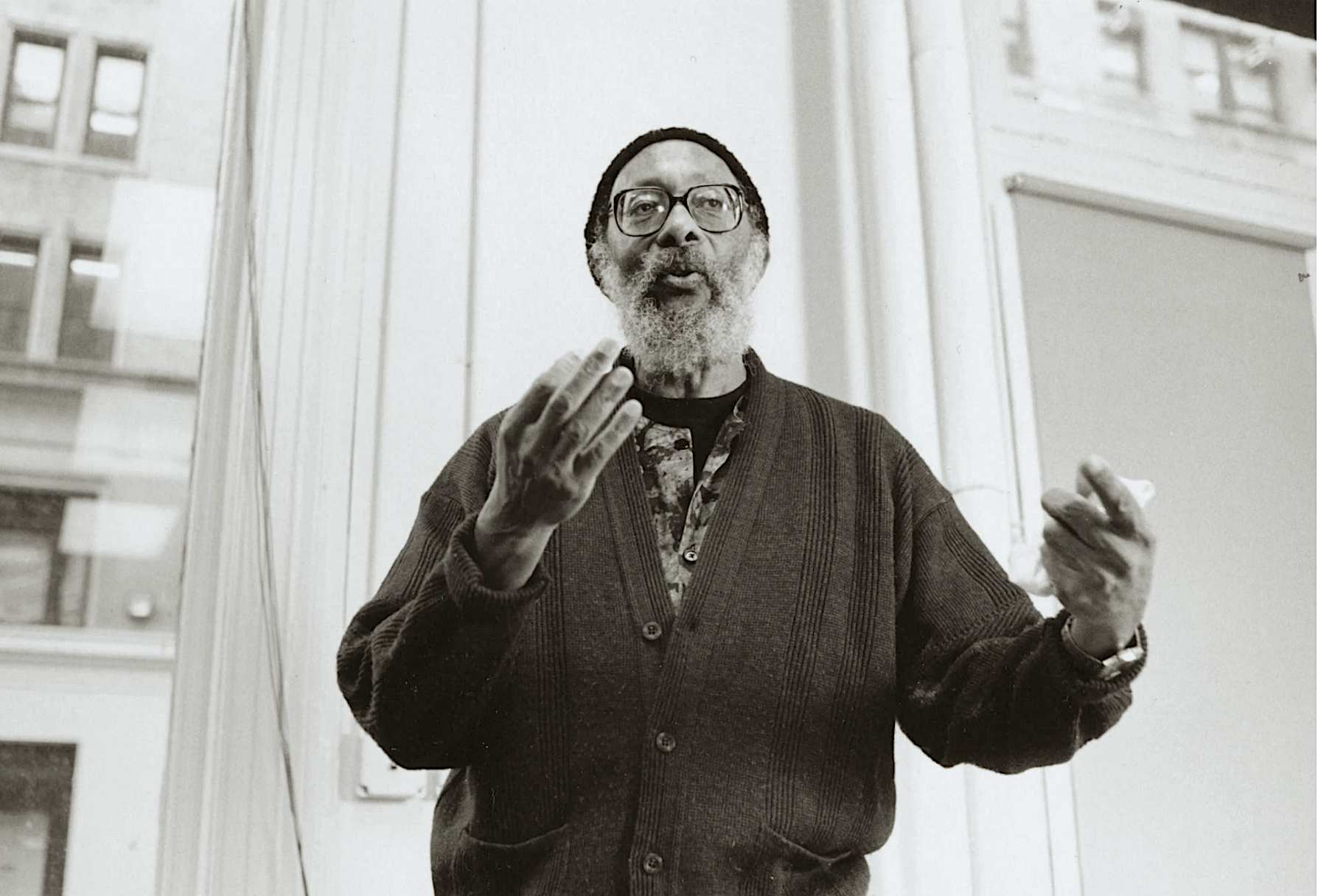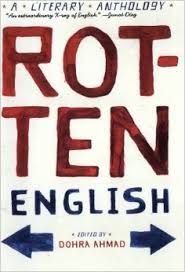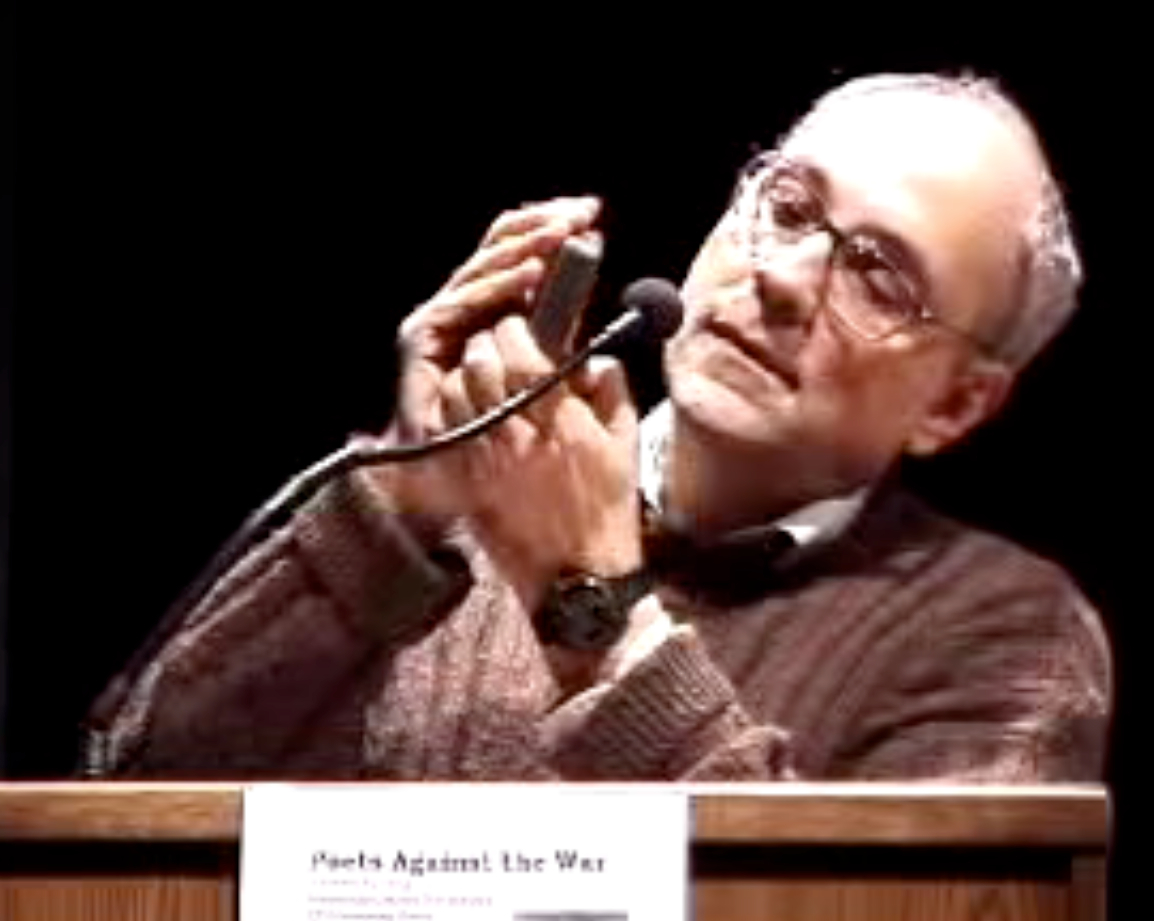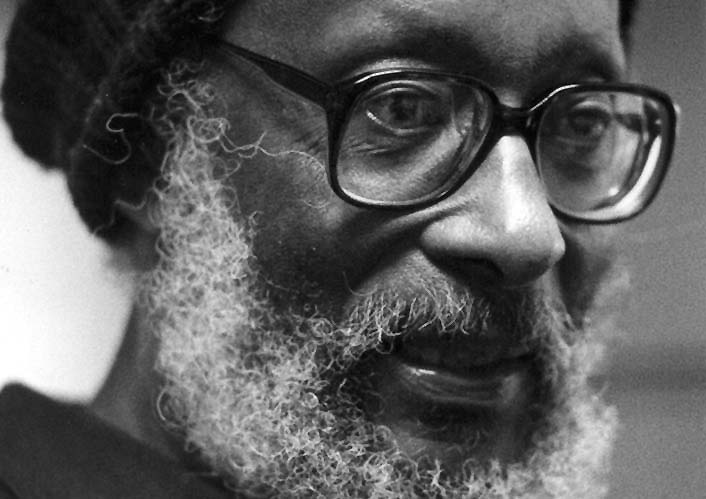Kamau Brathwaite
December 7, 2020
Find me the rage (PoemTalk #149)
Kamau Brathwaite, “Negus”

June 23, 2020
Episode 1: Caroline Bergvall
June 5, 2020
Shaman/poet/shaman
May 15, 2020
On theorizing Caribbean space: History and linguistic diversity in the Caribbean
Coolitude poetics from the Caribbean

October 13, 2017
Conflicting Englishes
Cheap signaling and vernacular poetry

January 20, 2015
Emancipation via elimination
November 29, 2012
Revolutions per minute
Charles Bernstein

November 26, 2012
Revolution with a twist
Kamau Brathwaite

November 20, 2012



